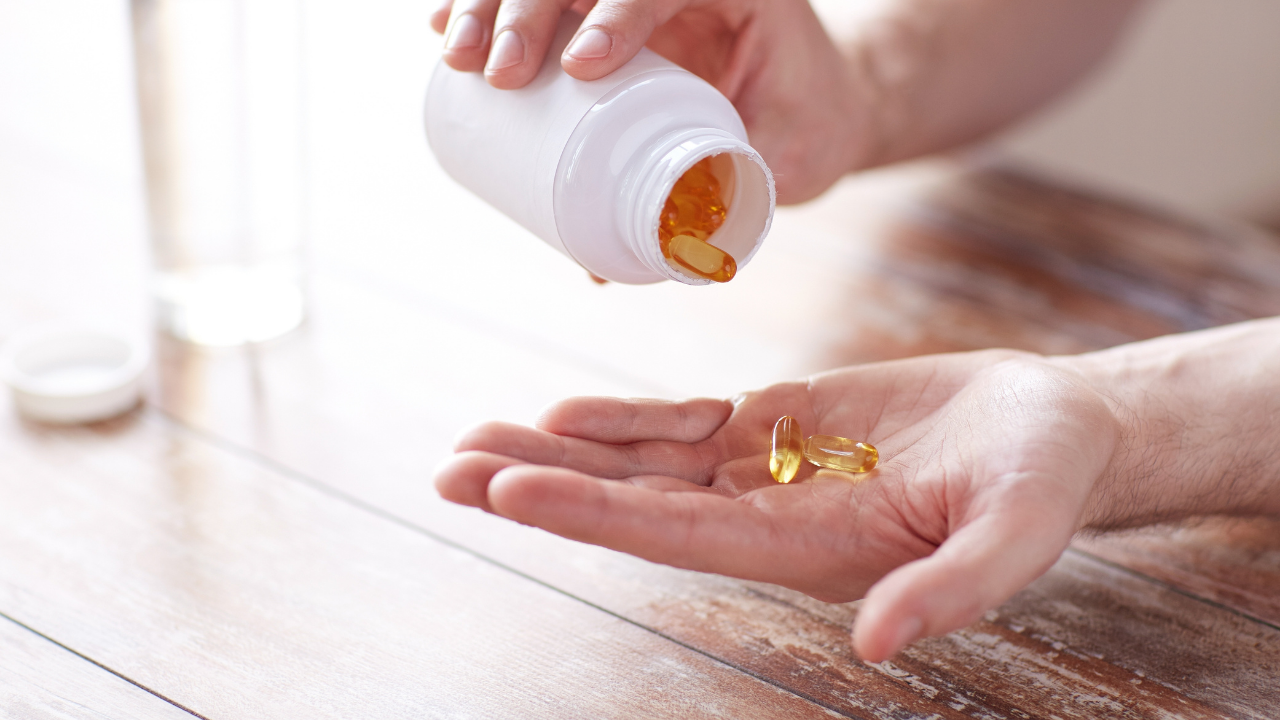
Getting adequate sleep is one of the most crucial contributors to achieving fitness goals, having mental clarity, and boosting immunity. In today’s busy world, Americans are getting less sleep and relying more on caffeine to accomplish the day’s tasks. Phosphatidylserine supplements have been shown to reduce age-related cognitive decline, improve sports performance, and may be a helpful tool to improving sleep.
What is Phosphatidylserine?
Phosphatidylserine is a fat called a phospholipid that is found in many cells and in the brain. It contains both fatty acids and amino acids. Phosphatidylserine has recently grown in public awareness and is marketed as a brain boosting supplement.
In Your Diet
The human body can make phosphatidylserine, but most of what we require is obtained from foods high in omega-3s. You may be at risk for low phosphatidylserine if you consume a low-fat diet. Foods highest in phosphatidylserine include soybeans, mackerel, herring, tuna, and chicken legs.
Reduces Rate of Age-Related Cognitive Decline
A study published in the journal Aging evaluated the effect of 6 months of supplementation on 494 elderly patients with cognitive impairment. They found that the supplement produced statistically significant improvements in behavioral and cognitive parameters after three and six months. (1)
Promotes Recovery from Exercise Induce Inflammation
Phosphatidylserine supplements may help boost exercise capacity and improve athletic performance, according to a 2006 report published in Sports Medicine. In their analysis of the available research on the use of phosphatidylserine supplements among people who exercised, the authors also found that phosphatidylserine may help decrease muscle soreness and protect against the increase in levels of cortisol, a stress hormone that often occurs as a result of overtraining. (2) In another double-blind study from Medicine & Science in Sports & Exercise, researchers examined 14 male cyclists taking phosphatidylserine and a placebo. They found that phosphatidylserine had a significant increase in time to exhaustion compared to the placebo. This may indicate that phosphatidylserine may have ergogenic effects. (3)
Improves Sleep Quality
Phosphatidylserine has been marketed to improve sleep quality due to the lowering of cortisol levels, reduction in stress, lowering the state of physical alertness, and producing a relaxed peaceful state of mind and body. (4)
In addition to supplementing with phosphatidylserine, adjusting your sleep environment and nighttime habits can help you achieve your best night’s rest.
These things include:
- Not eating within 2 hours of bed time
- Keeping your bedroom temperature between 60-65F
- Having blackout shades
- Utilizing white noise such as a fan
- Reduce afternoon caffeine intake
- Participating in daily exercise, preferably in the morning or hours before bedtime
- Avoiding blue light from television, cell phones, or computer screens 1 hour before bedtime
- Having a nighttime routine such as dimming the lights, reading, and taking a shower
You may also start with these before deciding if taking a phosphatidylserine supplement is right for you.
Source:






